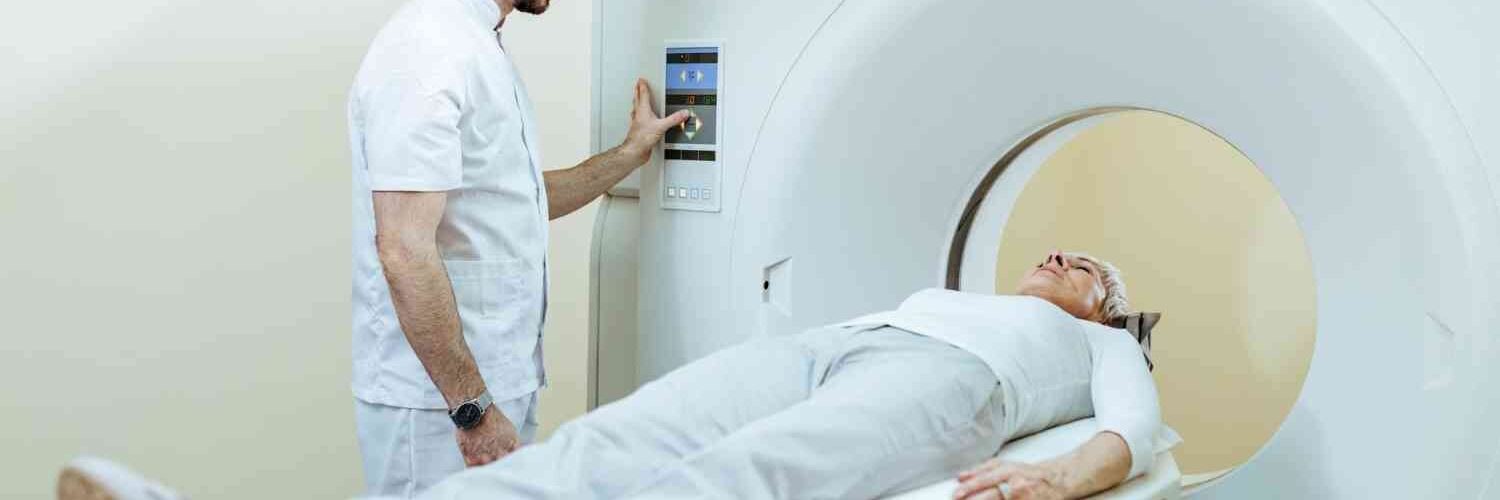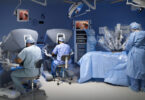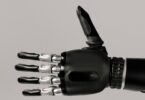MRI is a diagnostic test that uses a magnetic field and radiofrequency waves to obtain images of different areas of the body.
High-quality images can be obtained and changes in your body can be seen without using ionizing radiation (X-rays).
MRI helps doctors find cancer in the body and identify signs that the disease has spread. It can also be observed if there is inflammation or infection in the brain, nerves or joints. You can diagnose musculoskeletal injuries such as tendinitis, ligament injuries, cysts, or herniated discs. It can also help plan cancer treatment, with surgery or radiation.
Magnetic resonance is one of the most reliable diagnostic tests, in addition to serving as a complement to the usual techniques (mammography and ultrasound). The MRI examination is painless and more importantly, electromagnetic fields do not cause any known damage to tissues. MRI is safe and painless.
Through magnetic resonance imaging, the doctor examines the organs, tissues, and skeletal system. It produces high-resolution images of the inside of the body that help diagnose various problems.
The difference between CT is indicated to essentially see bones and lungs, while Magnetic Resonance allows visualizing soft areas of the body. A CT scan takes about half an hour and an MRI usually takes more than an hour.
RECOMMENDATIONS:
Among the objects that you cannot take to undergo an MRI are:
- Jewelry, watches, credit cards, and hearing aids can all be damaged.
- Brooches, hairpins, metal clasps and similar metal articles.
- Removable dental appliances.
- Pens, knives, glasses and piercings.
- You must fast (only solids) from 2 hours before performing the test.
- It is necessary to go without makeup
- with clothing that is easy to remove and put on
- comply with minimum hygiene standards.
- that you try to stay as still as possible, the MRI photo becomes blurry when you move.
After having an MRI, very few patients experience side effects from the contrast material, including nausea and local pain. Very rarely, patients are allergic to the contrast material and experience hives, itchy eyes, or other reactions. If you experience allergic symptoms, notify the technician.
The types of MRI by area can be:
- MRI of the abdomen.
- Cervical MRI.
- Chest MRI.
- MRI of the head.
- MRI of the heart.
- Lumbar MRI.
- Pelvic MRI.
- MR angiography.








